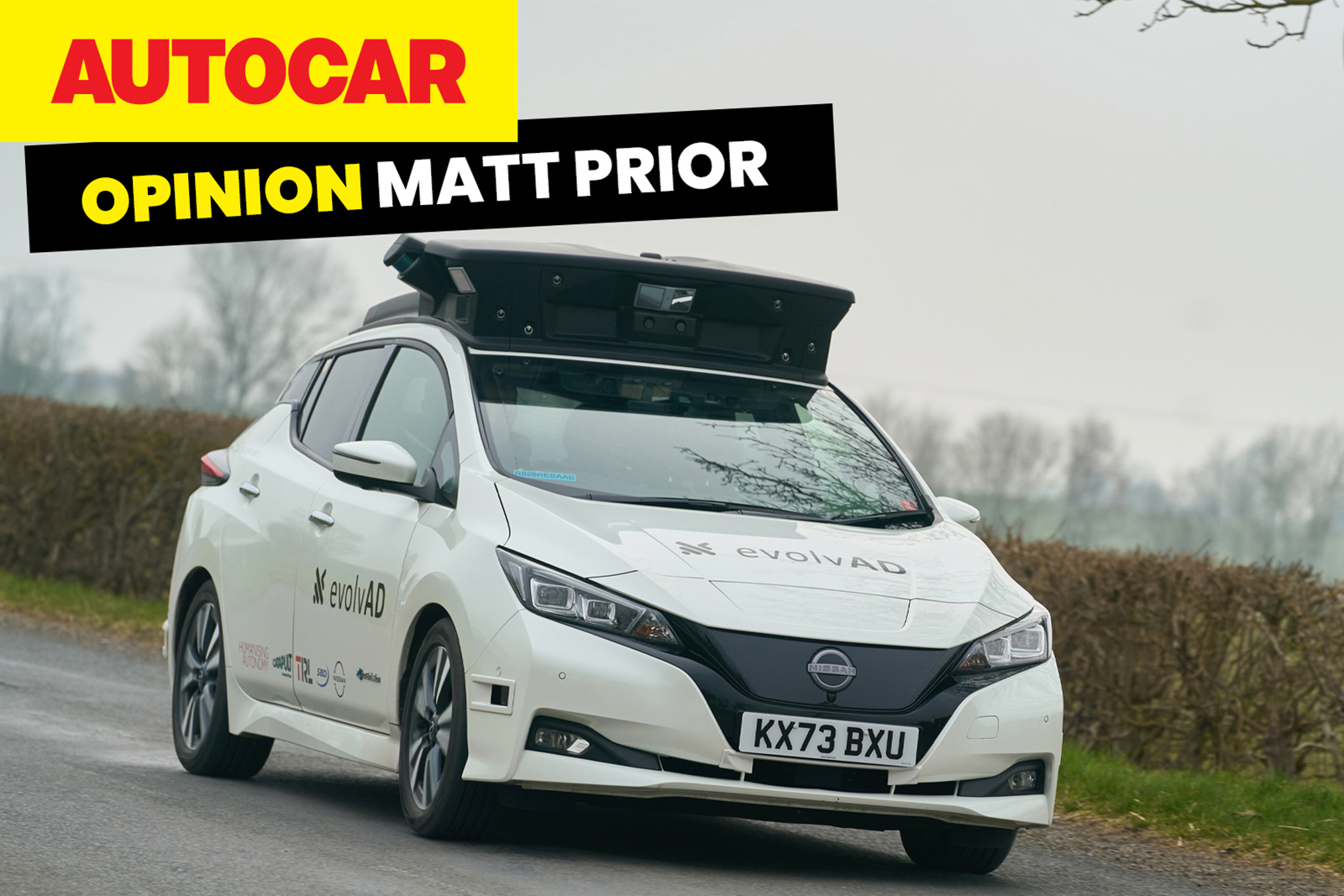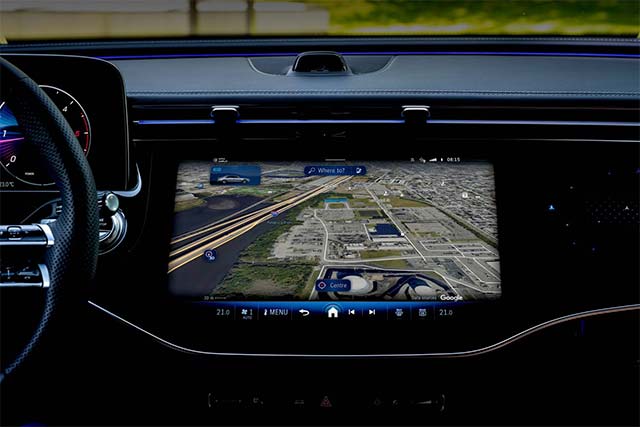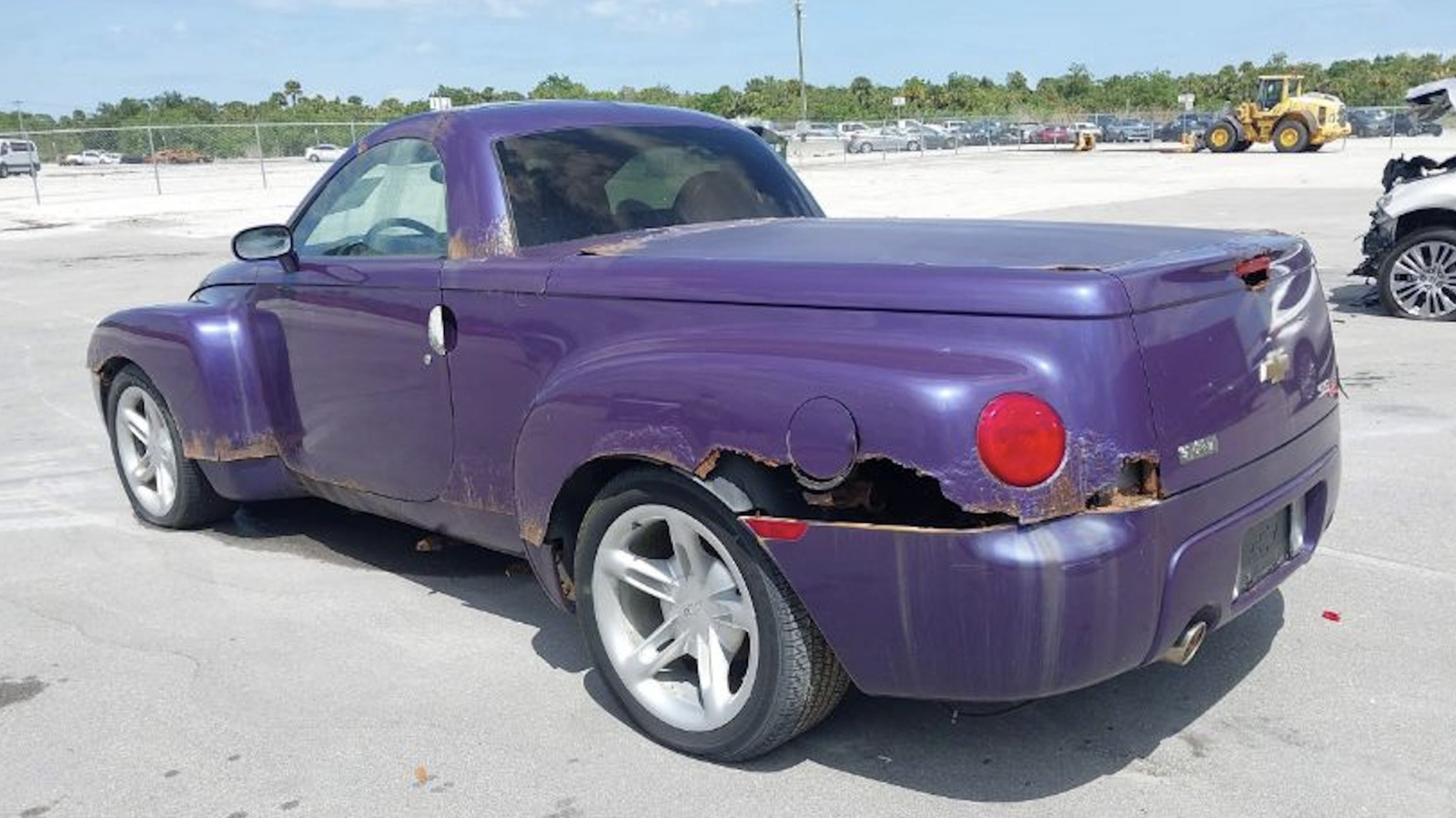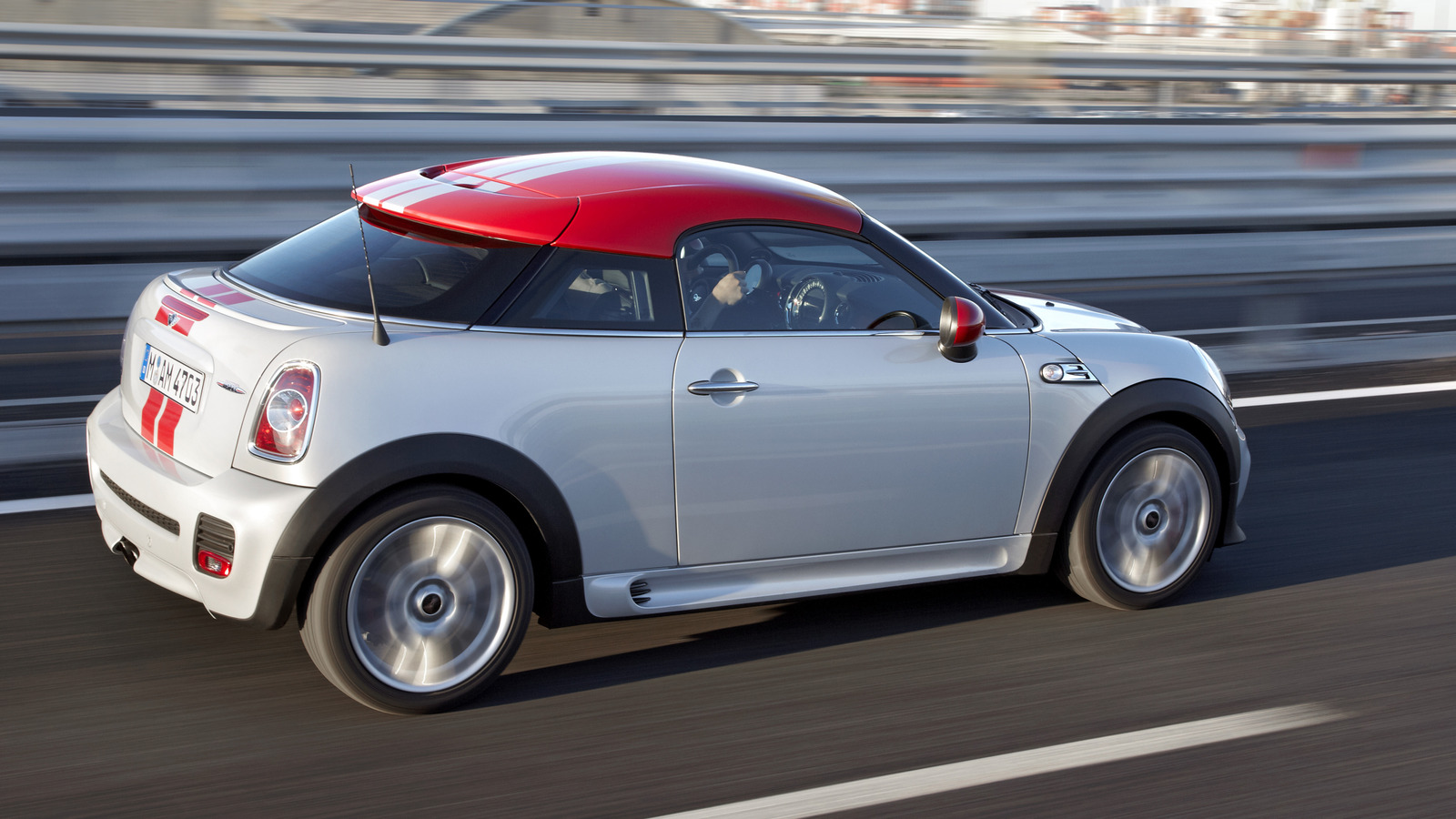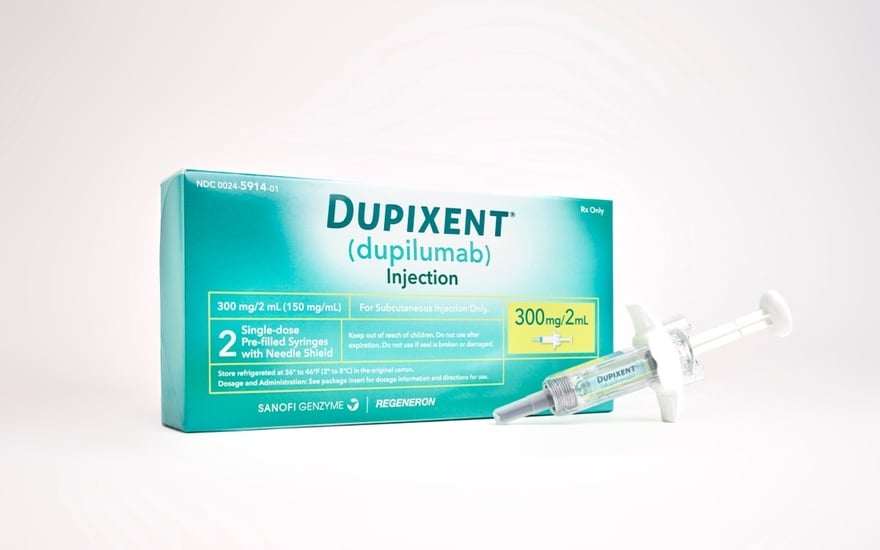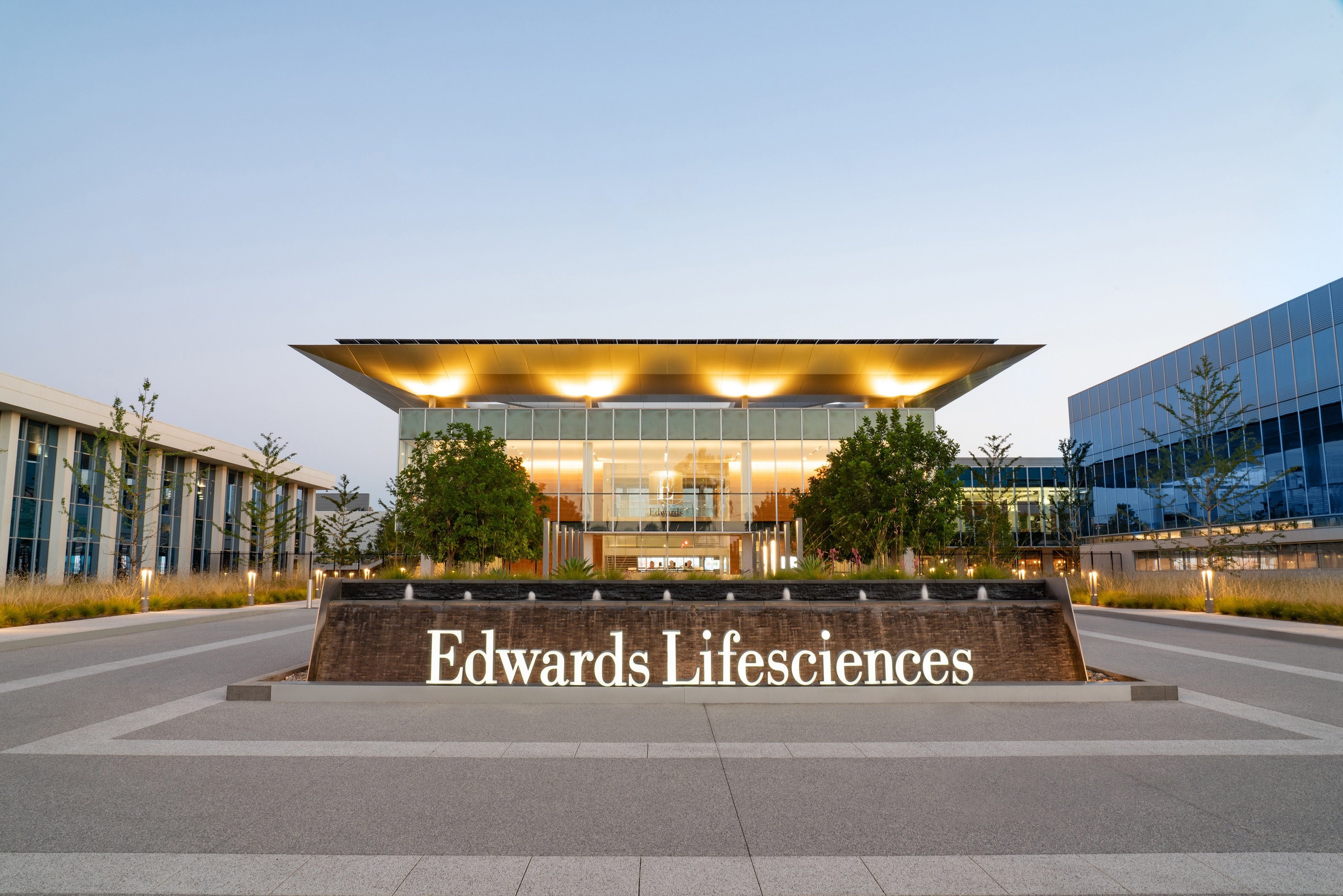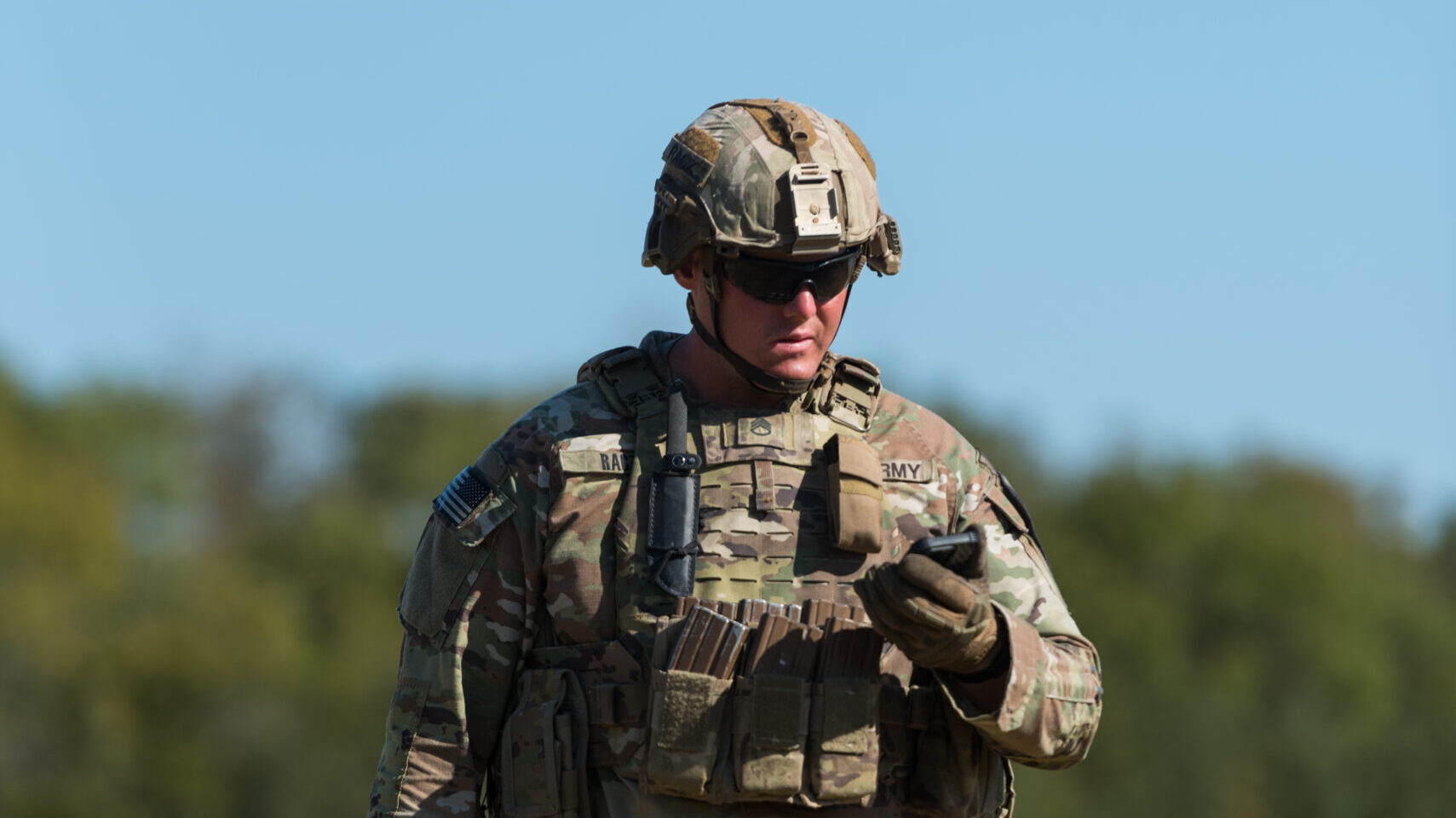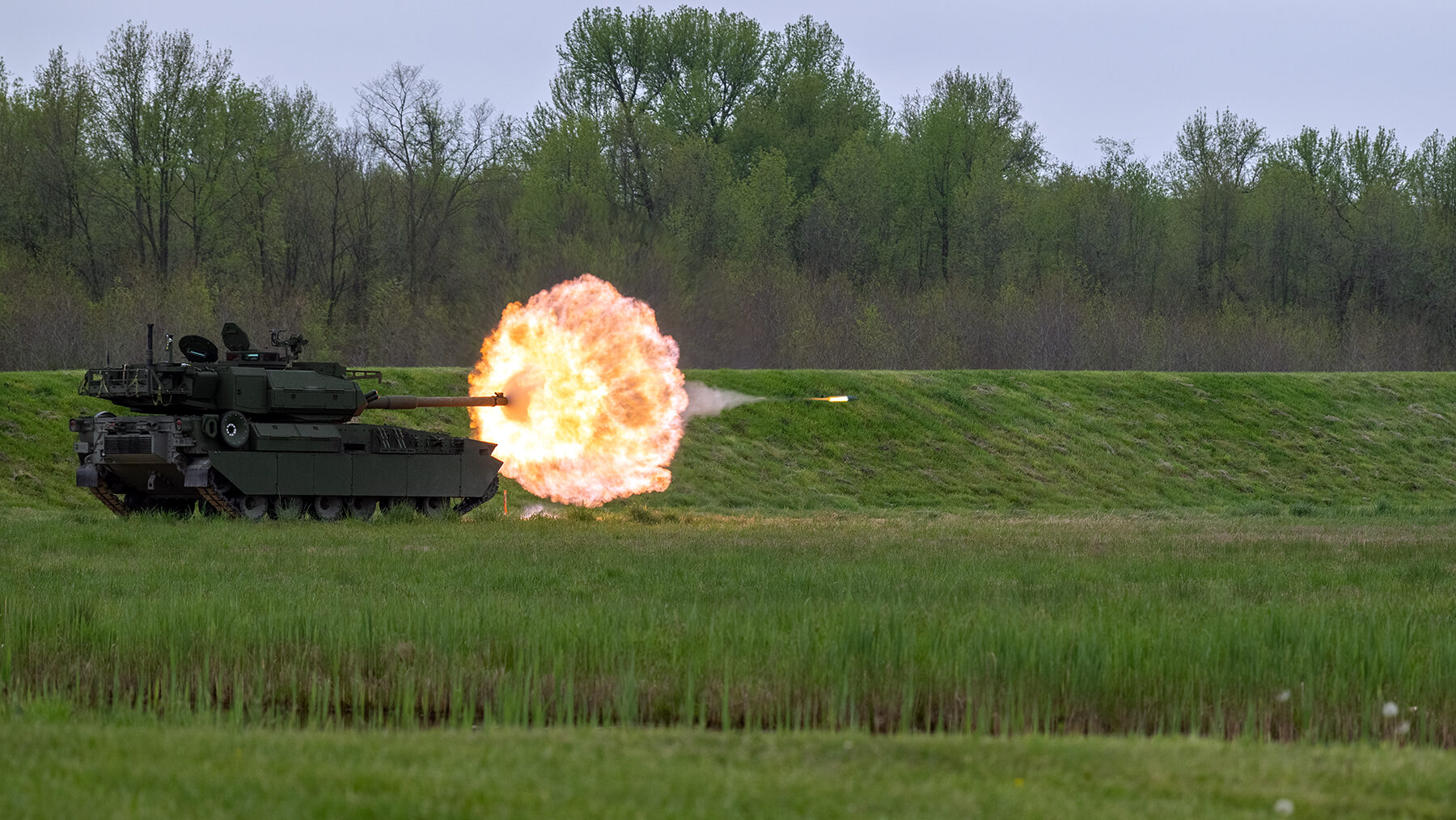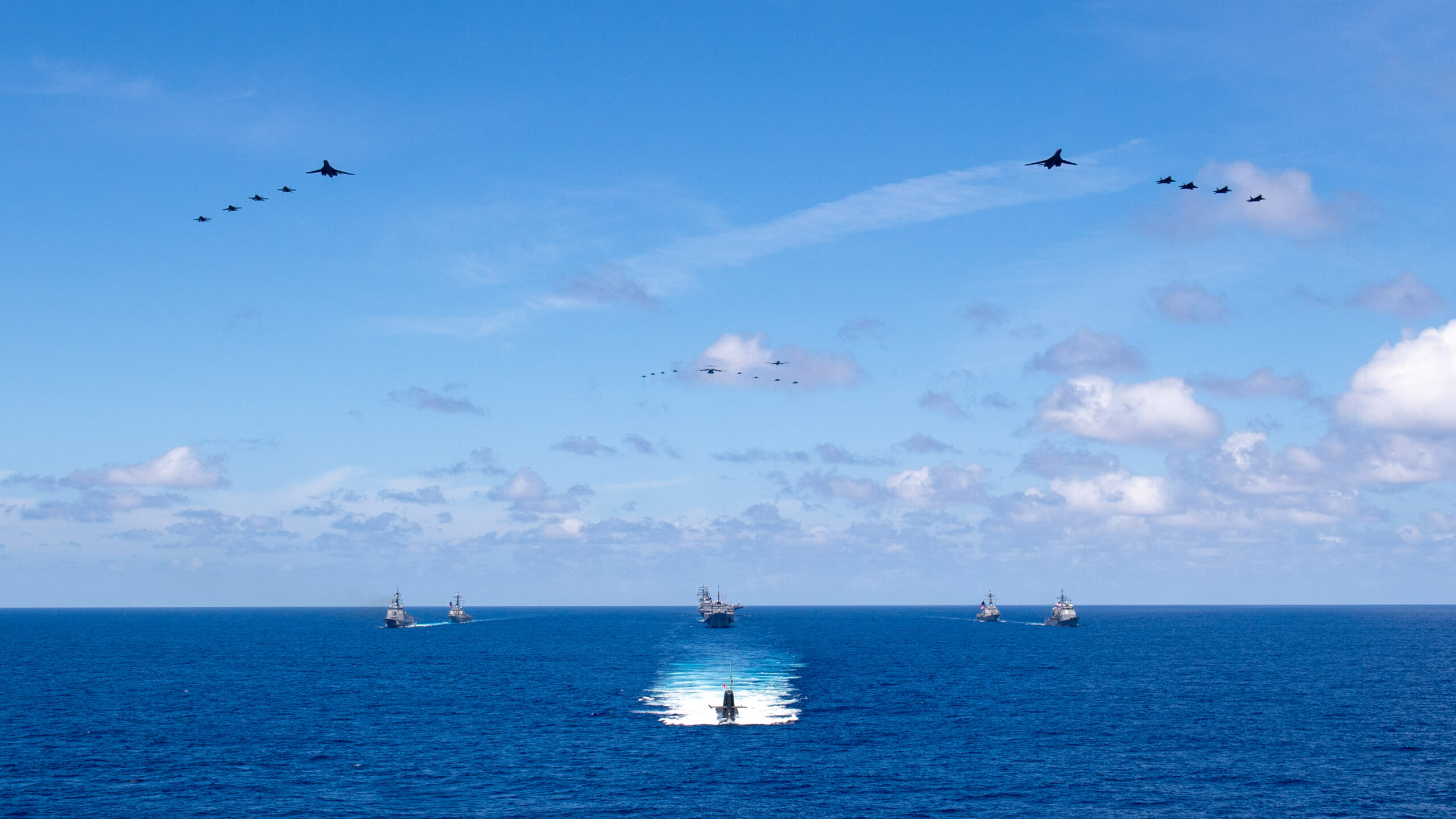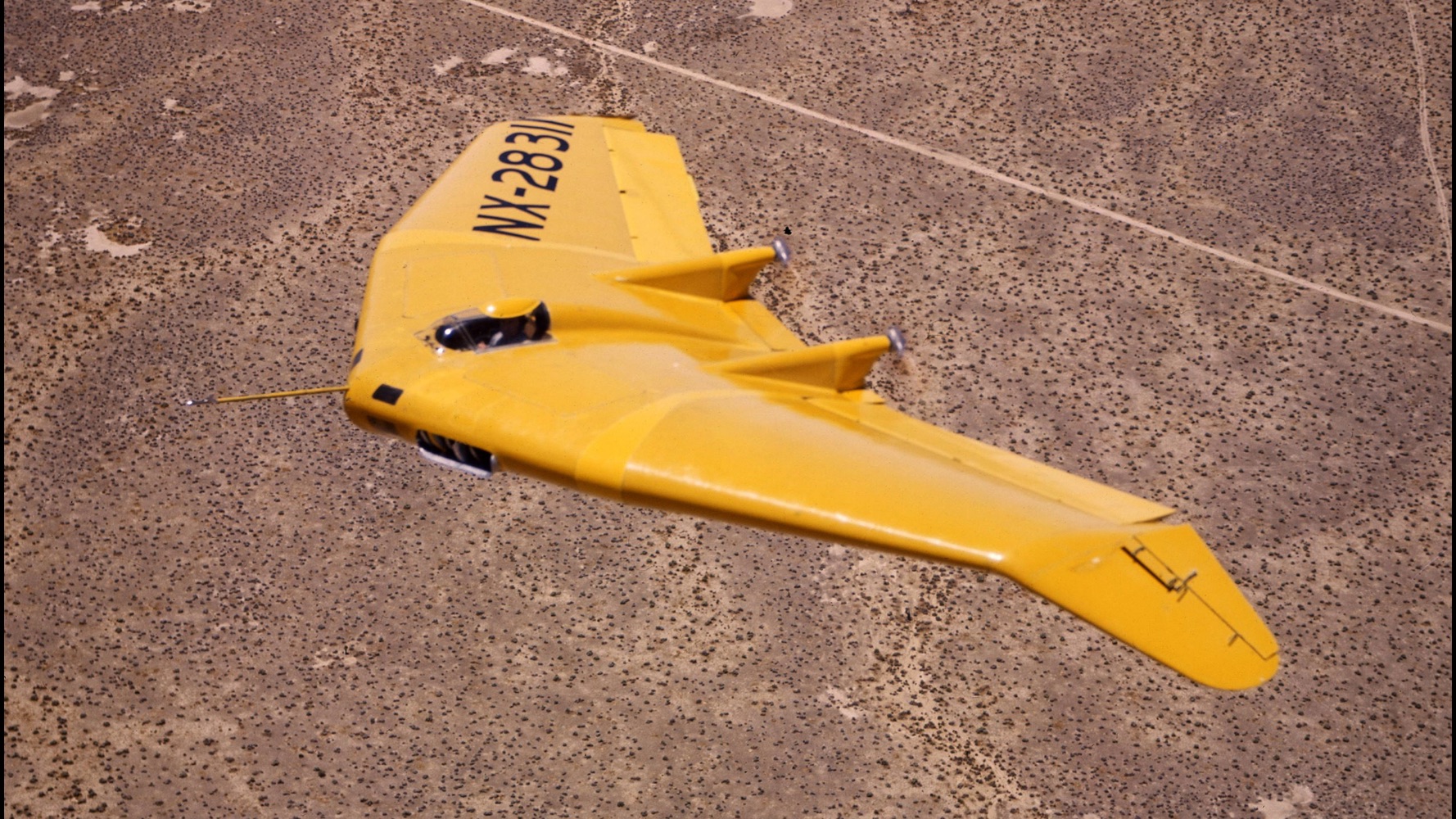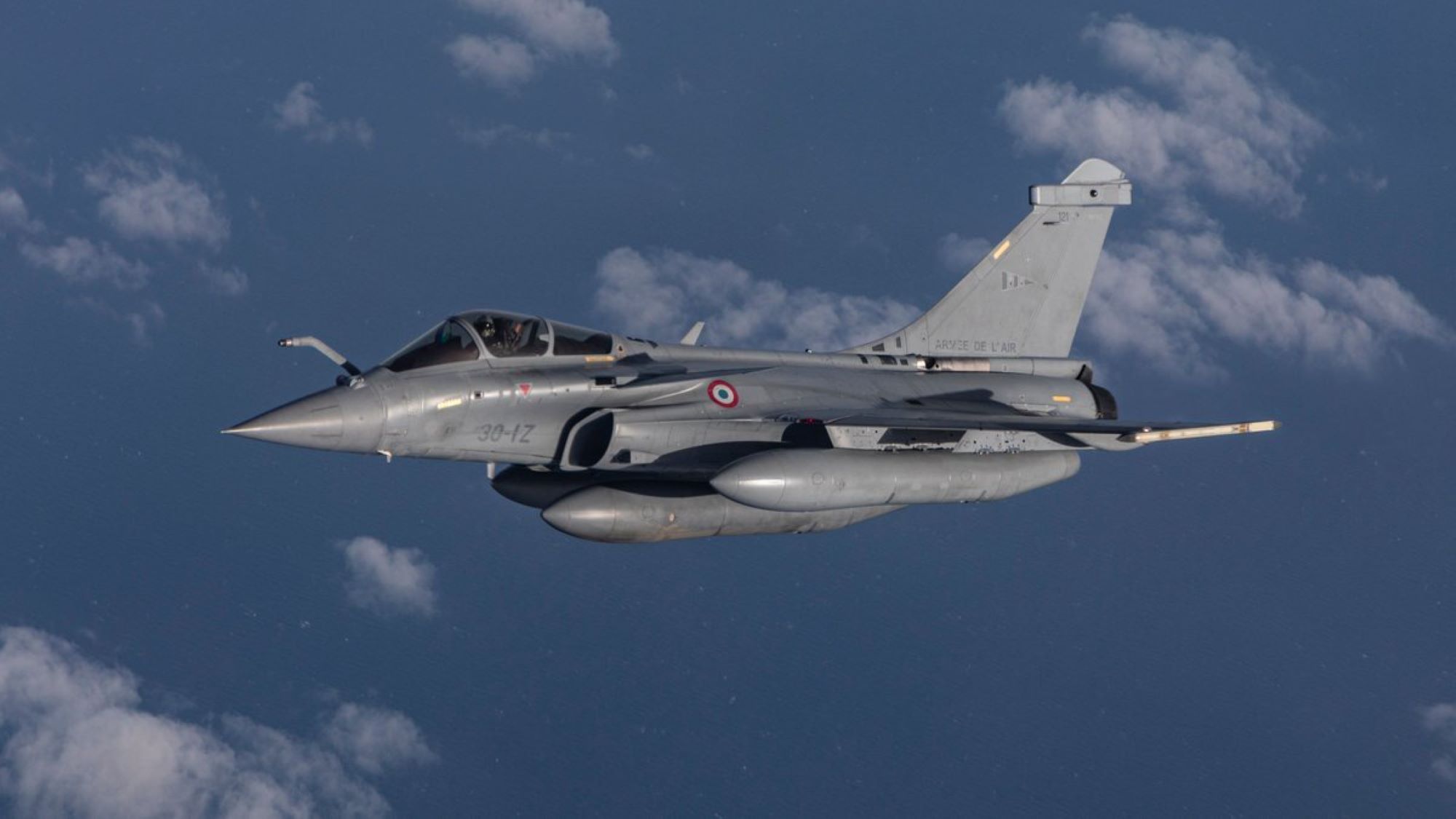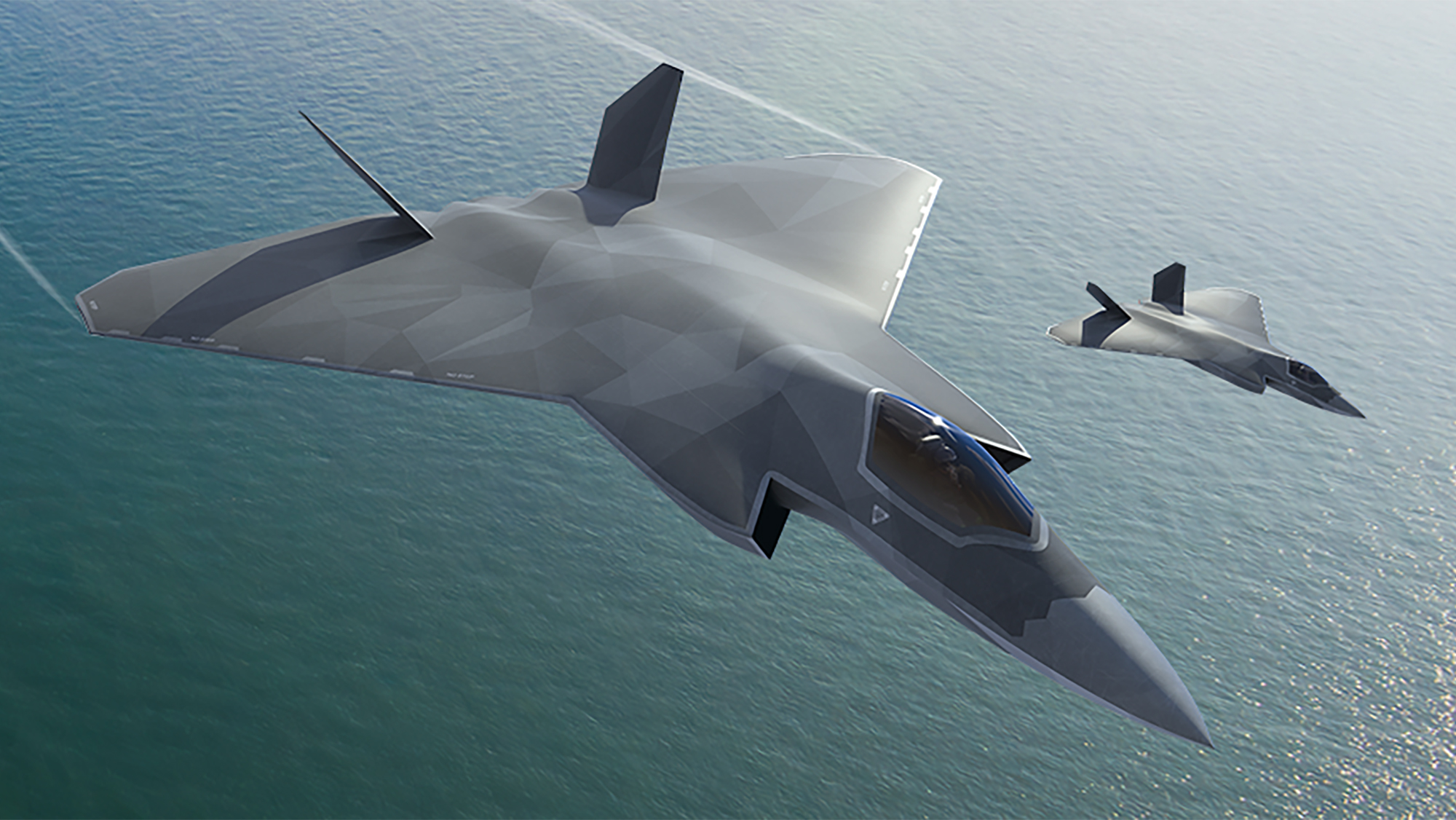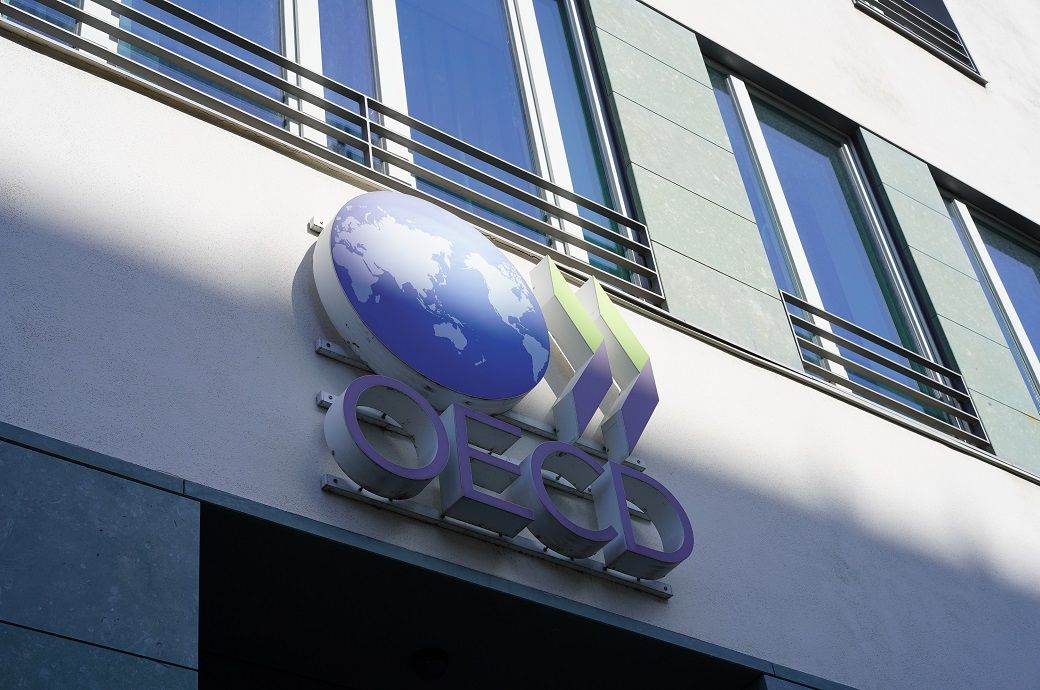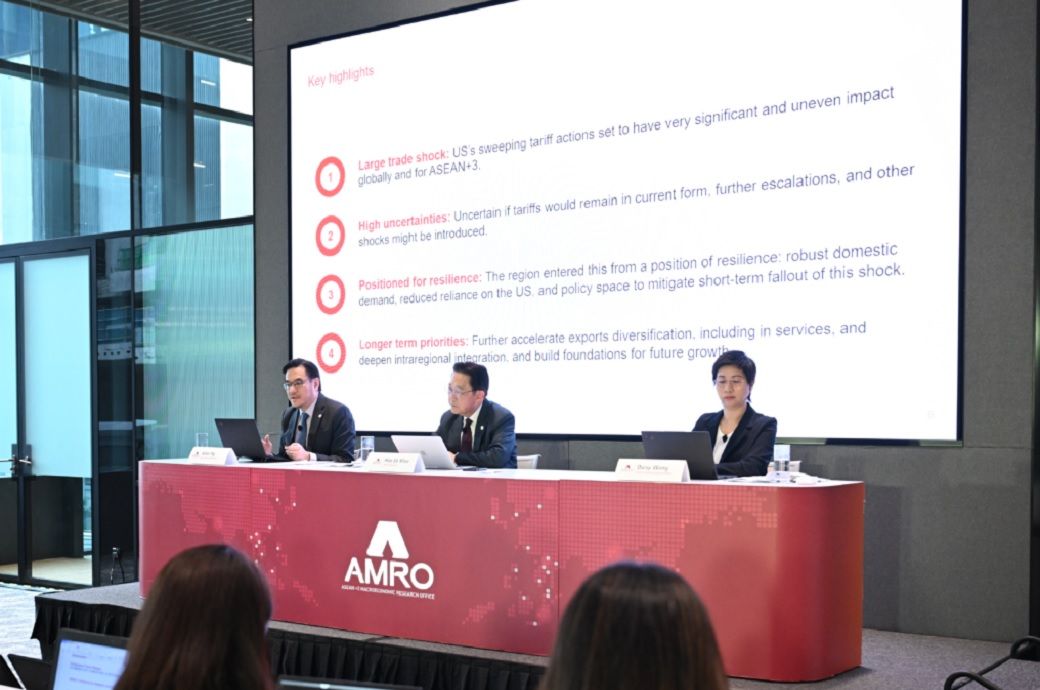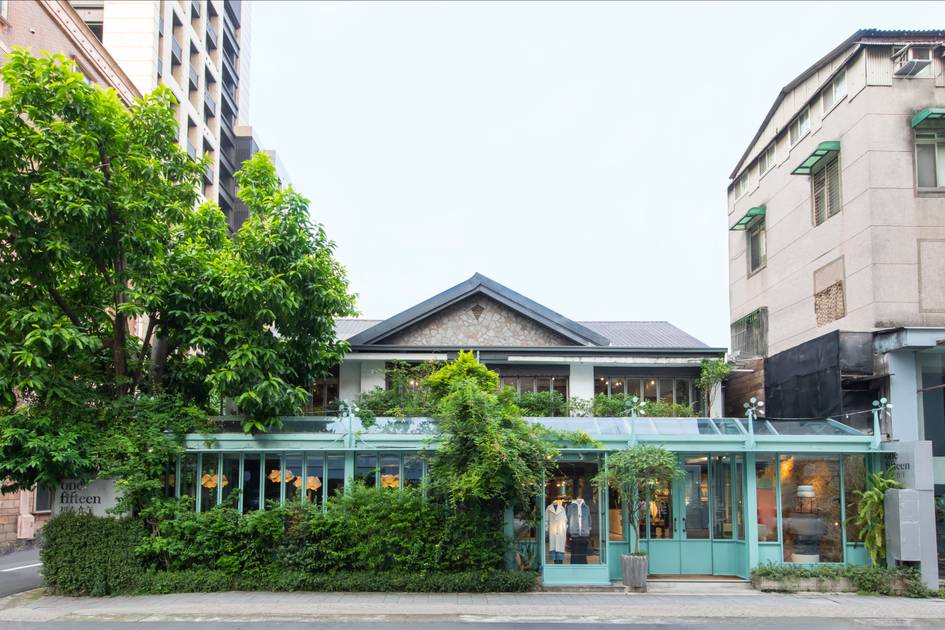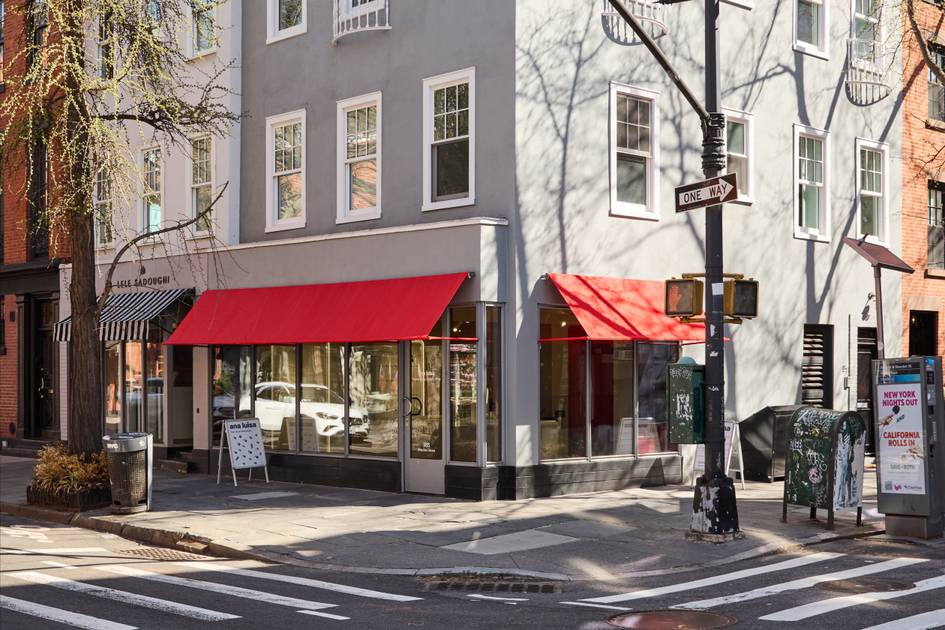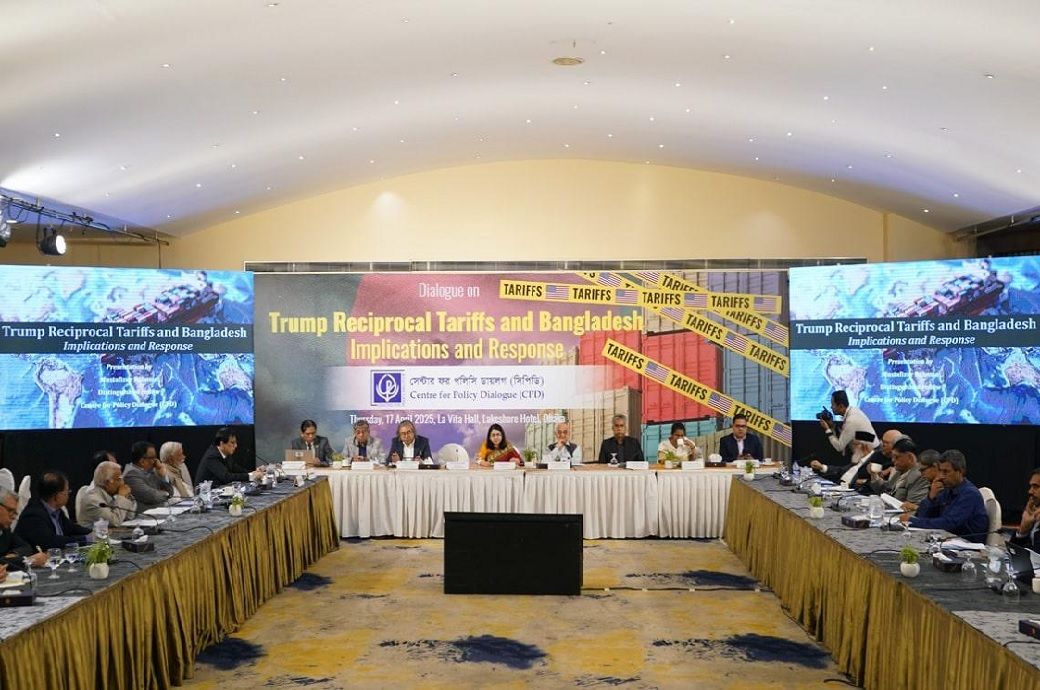Q&A: How Trump’s USAID freeze halted the effort to develop an effective HIV vaccine in Africa
Glenda Gray, program director of a research consortium, talked with STAT about the impact of the funding freeze on an HIV vaccine trial and other HIV-related research in Africa.

Last month, researchers in South Africa were preparing to administer two experimental HIV vaccines in a Phase 1 clinical trial. The staff was trained, immunizations were ready, and participant screening had begun. Then, they received a stop-work order: The $45 million in funding from USAID to support the project was frozen under a 90-day review — and could be withdrawn completely.
The trial was designed to test novel immunogens identified in Africa to see if they could produce broadly neutralizing antibodies, a major goal of HIV vaccine research. The idea is that people infected with HIV who develop exceptionally strong antibodies, sometimes called “elite neutralizers,” could provide a blueprint for vaccine design. Researchers analyze a patient’s blood at the time of infection, and if they produce a potent immune response, scientists can then design a vaccine that spurs the production of similar antibodies.











